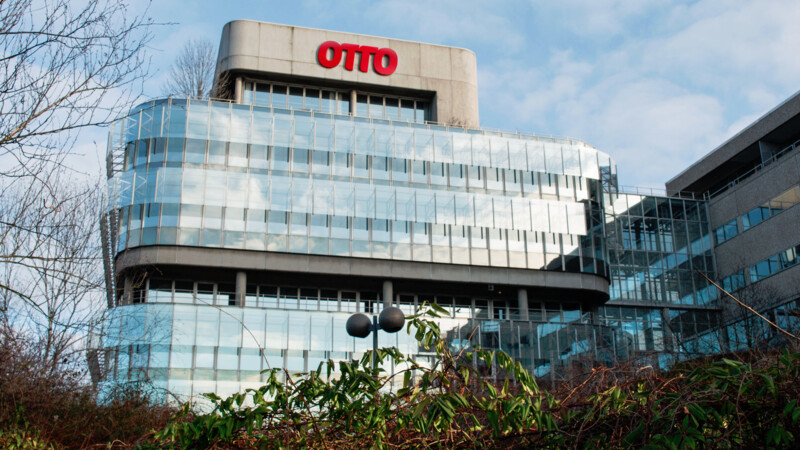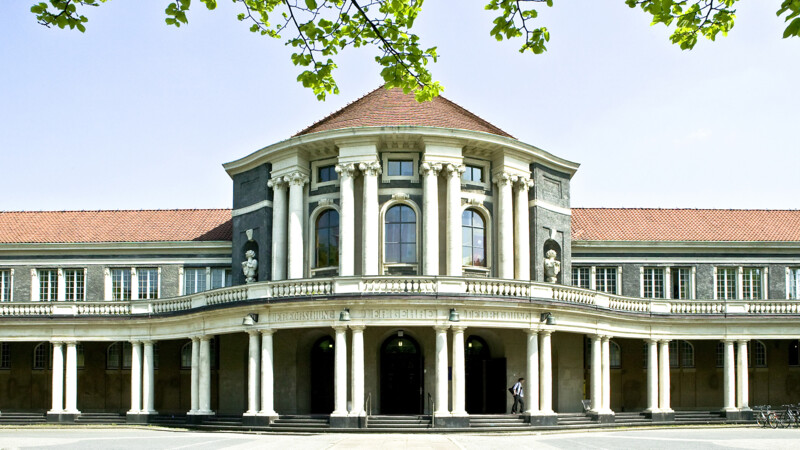The online event series focuses on socio-economic change facing the world due to blockchain. The main arguments will be summarised and published in the Blockchance blog after each show.
A new monthly "Blockchance Online Live" talk show will screen worldwide on twitch.tv from 5 pm on October 7, 2020. Industry leaders and innovative speakers will discuss Blockchain, Artificial Intelligence and Big Data and the latest developments. The show will be presented by Sönke Mißfeld.
Socio-economic change through blockchain
Control over monetisation of data
The first show will seek answers to the questions, "Who owns the infrastructure? What would change, if everyone was able to monetize their data and rather than a few companies collecting and trading people's data?" Manan Patel, expert in blockchain and cryptocurrencies, Ragnar Kruse, a successful Hamburg-based series founder and Managing Director of AI Invest, and Dr. Klaus Holthausen, founder of TEAL AI, are among the first guests.
Later episodes of the show will feature guests such as Marc Buckley, United Nations Consultant on Sustainable Development Goals and member of the World Economic Forum, Brian Islie, CEO of Slavefreetrade, and Alyze Sam, founder and Board Member of WomenInBlockchain and joint founder of Give Nation.
sm/kk
Sources and further information
Initiative from Hamburg
The talk show has been initiated by the Blockchance Ventures GmbH in Hamburg. The managing director, Fabian Friedrich, organizes the leading Blockchance conference in Hamburg every year. Friedrich is also a member of the Chamber of Commerce's Committee on Innovation and Research, a founding member of the International Association for Trusted Blockchain Applications (INATBA) as well as a board member of the Hanseatic Blockchain Institute e. V.
What is a blockchain?
A blockchain is a digital ledger in which transactions made in bitcoin or another crytocurrency are recorded chronologically and publicly. The database contains a constantly growing record of transactions and is expanded chronologically comparable to a chain - hence the term blockchain. When one block is complete, the next is created. Each block contains a checksum of the previous block to protect the technology from manipulation.
More
Similar articles

Otto Group driving digitalisation forward

Six trends to determine future of trade

